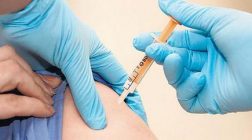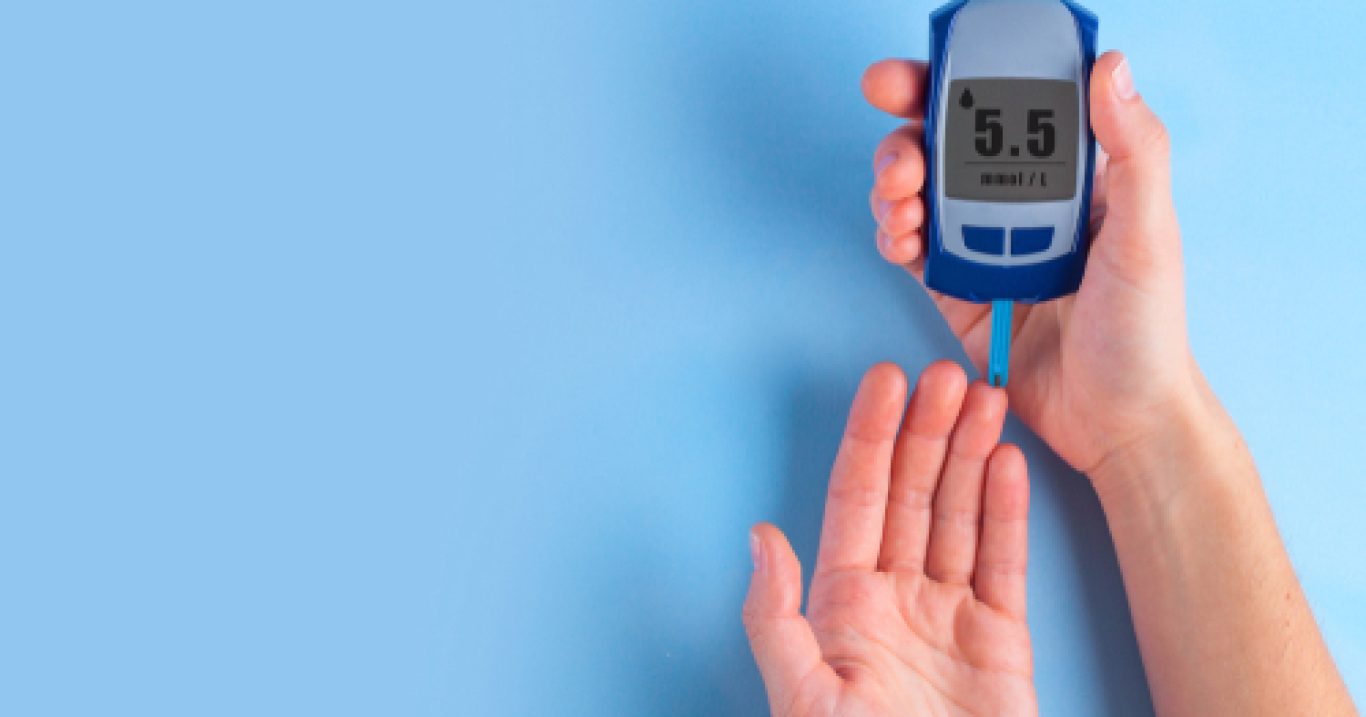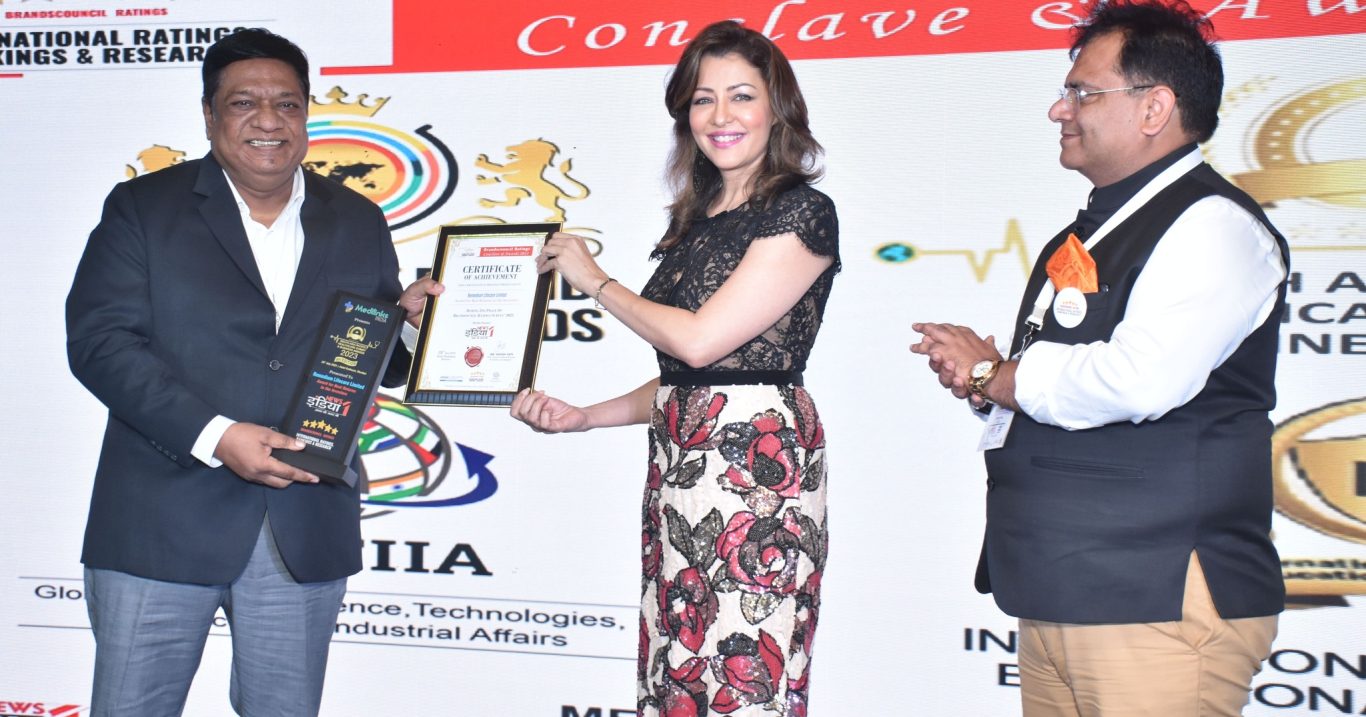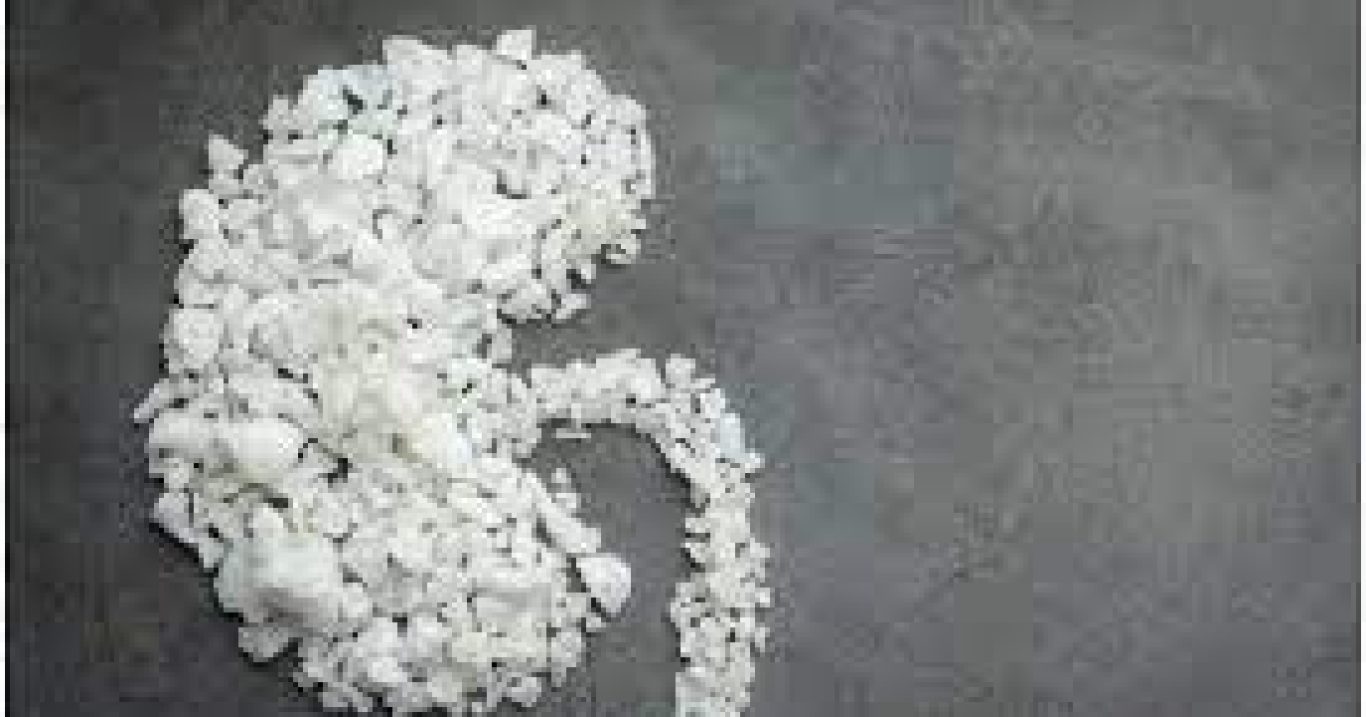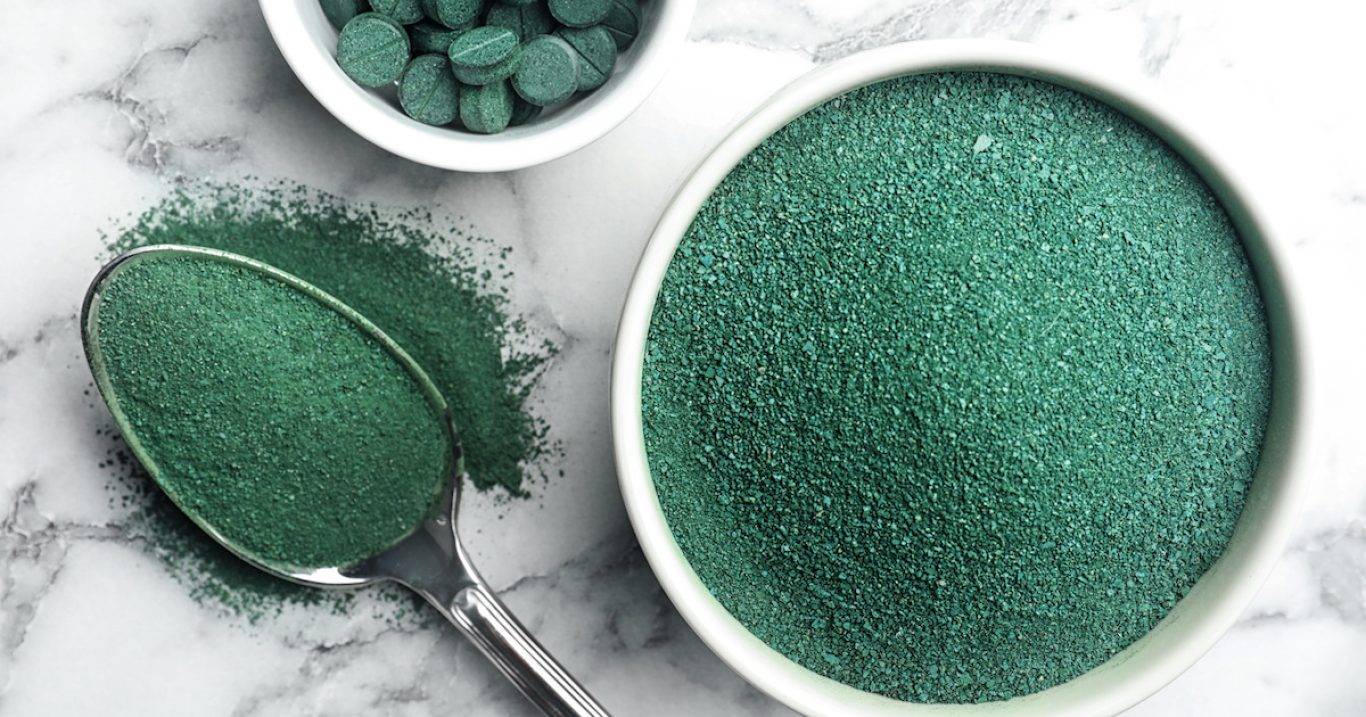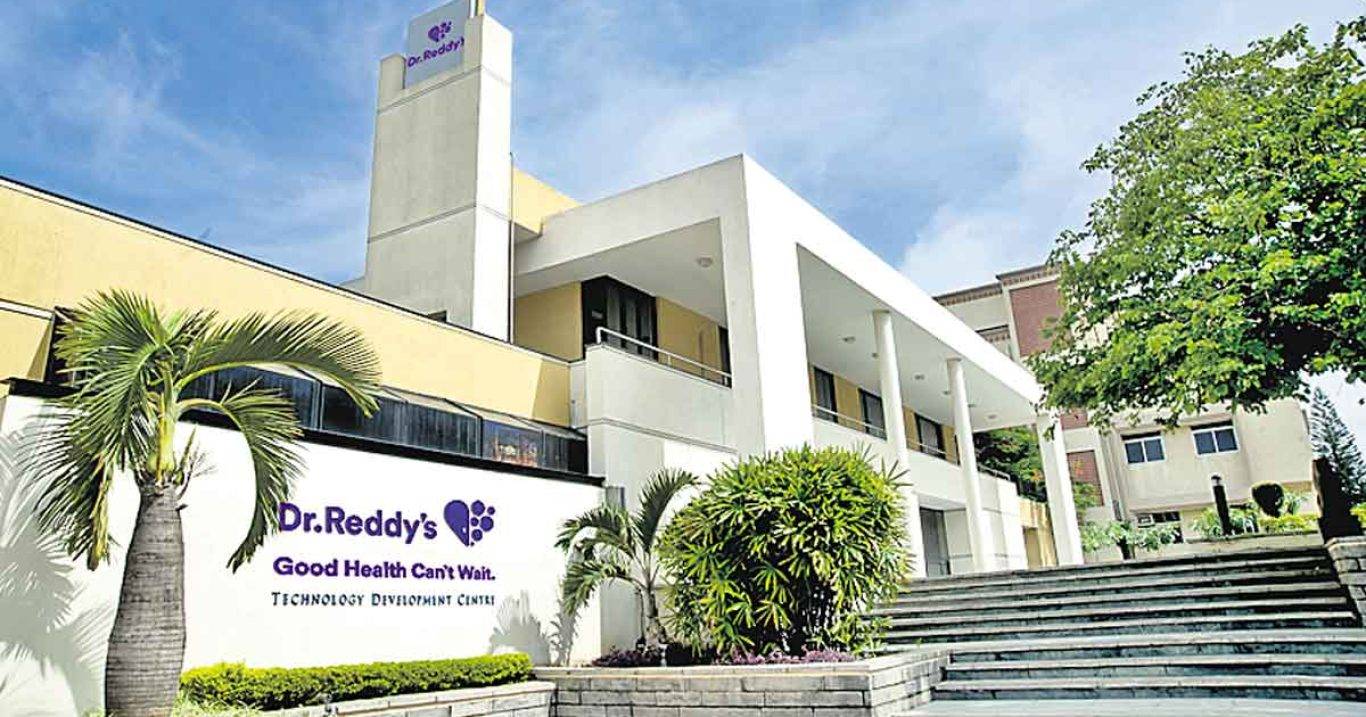Drug Company Accused of Bribing Doctors
 Jury selection began today in a case that’s being closely watched by drug companies and the medical profession.
Jury selection began today in a case that’s being closely watched by drug companies and the medical profession.
Eleven current or former sales executives from TAP Pharmaceutical Products are going on trial, accused of paying kickbacks to doctors and hospitals to get them to buy the company’s medications.
The company, based in Lake Forest, Ill., has already paid $875 million to settle charges that it inflated prices on its prostate cancer drug Lupron, and that the company bribed doctors to prescribe it.
Now, federal prosecutors are going after the company’s sales executives who, according to the government, carried out the illegal scheme.
“What became the main marketing focus for the TAP employees was not ‘Was this drug better, did this drug have fewer side effects, is it cheaper?’ but instead, ‘Doctor, if you buy our drug, look at what we can do for you,’ ” said Assistant U.S. Attorney Michael Loucks.
Free Ski Trips and Golf Outings
And according to the indictment, the drug company executives did a lot. They gave doctors ski trips to Aspen, Colo., and golf outings to Scottsdale, Ariz., and Santa Barbara, Calif.
There was money disguised as “educational grants” that covered doctors’ bar tabs at cocktail parties, prosecutors said.
Defense lawyers said the sales executives thought they were acting “completely within their job description.”
Other drug companies are also being investigated for allegedly bribing doctors to order their products. The net result, say prosecutors, is that consumers and government health plans are spending tens of millions of dollars more than they need to for medications.
U.S. Attorney Michael Sullivan said the TAP employees participated “in a broad scheme that picked the pockets of many cancer-stricken elderly Americans and all taxpayers.”
Since the alleged crimes, the pharmaceutical industry has strengthened its guidelines on gifts to doctors, which now are not supposed to exceed $100 in value.
“The guidelines are much more specific and they are much more comprehensive in terms of their relationships with physicians,” said Peter Safir, a lawyer who represents pharmaceutical companies.
“Every pharmaceutical company has been much more compliance-oriented in this area, and I think it’s highly unlikely that you would see anything like the allegations in the TAP case [again],” he added.
But consumer groups say the guidelines are a smoke screen.
Dr. Sidney Wolfe of the Public Citizen Health Research Group in Washington told ABCNEWS: “We have evidence since those guidelines went into effect of doctors being offered $1,500 to be a ‘consultant’ — translated into English, so that the company can convince that doctor to prescribe their drug.”
Prosecutors are hoping that criminal indictments will be more effective at stopping the kickbacks than voluntary guidelines.
Germany rules some doctors can accept bribes from drug companies!
According to the BMJ the court’s decision has been backed by the German Medical Association as self-employed doctors are accountable to no institution. The Bundesgerichtshof made its ruling when faced with two cases of physicians charged with accepting cash bribes as a reward for prescribing certain drugs. The bribes involved amounted to €10,000 and €18,000.
A health policy spokesman for the Bundestag Union declared “The freedom of doctors is one of the strengths of our health care system.”. It reports that the ruling protects 142,000 self-employed doctors in Germany.
Stop bribing doctors to prescribe
Perhaps more important than the $3 billion payment that GlaxoSmithKline will have to make to settle criminal and civil charges for bribing doctors and unlawfully marketing drugs for unapproved uses is the requirement that the pharmaceutical giant stop paying its sales force to violate the law.
Glaxo’s bonus policy for salespeople encouraged them to promote off-label uses of their drugs to doctors. For example, the company offered sales reps $5 for every prescription they got doctors to write for the lowest dose of Advair, an asthma drug that represents a third of the company’s sales. According to the U.S. government, Glaxo used illegal marketing tactics to promote Advair, an inhaler licensed to treat moderate to severe forms of asthma, for the treatment of mild asthma and other uses not licensed by the Food and Drug Administration.
The practice of off-label marketing is responsible for a huge percentage of drug company sales that has resulted in several federal investigations and billions in fines. Though the government touts the $3 billion Glaxo settlement – of which FLorida will get $56 million – as the largest ever for a health care fraud case, for the drug maker it amounts to little more than the cost of doing business. Glaxo had $7.8 billion in global sales last year for Advair alone.
Though Glaxo pled guilty to criminal offenses, no one from the company will serve jail time.
Assistant U.S. Attorney Sara Bloom said the government agreed to the settlement, announced last week, because the company no longer incentivizes its sales representatives based on sales alone and its research is now driven by the research division instead of the marketing division.
That’s significant, considering that pharmaceutical companies often pay for research and studies that have no scientific value and then use those studies to convince doctors to prescripe their drugs unapproved uses. These off-label uses can endanger public health. Children and the elderly are often prescribed psychotropic drugs not approved for them to treat behavior problems and dementia.
In 2009, Gabriel Myers, a 7-year-old in Florida foster care commited suicide. He had been prescribed psychiatric drugs, including Symbyax, which is not approved for children because it can lead to suicidal thoughts and actions.
A Palm Beach Post investigation found that psychiatrists working for Florida’s juvenile justice system have prescribed anti¬psychotics for children in state custody even before they were approved by federal regulators as safe for children. Several of the prescribing physicians have received speaker fees or gifts from the makers of the drugs.
Removing financial incentives for sales reps to market drugs for unapproved uses is good. Banning the financial incentives for doctors to prescribe those drugs would be even better.





